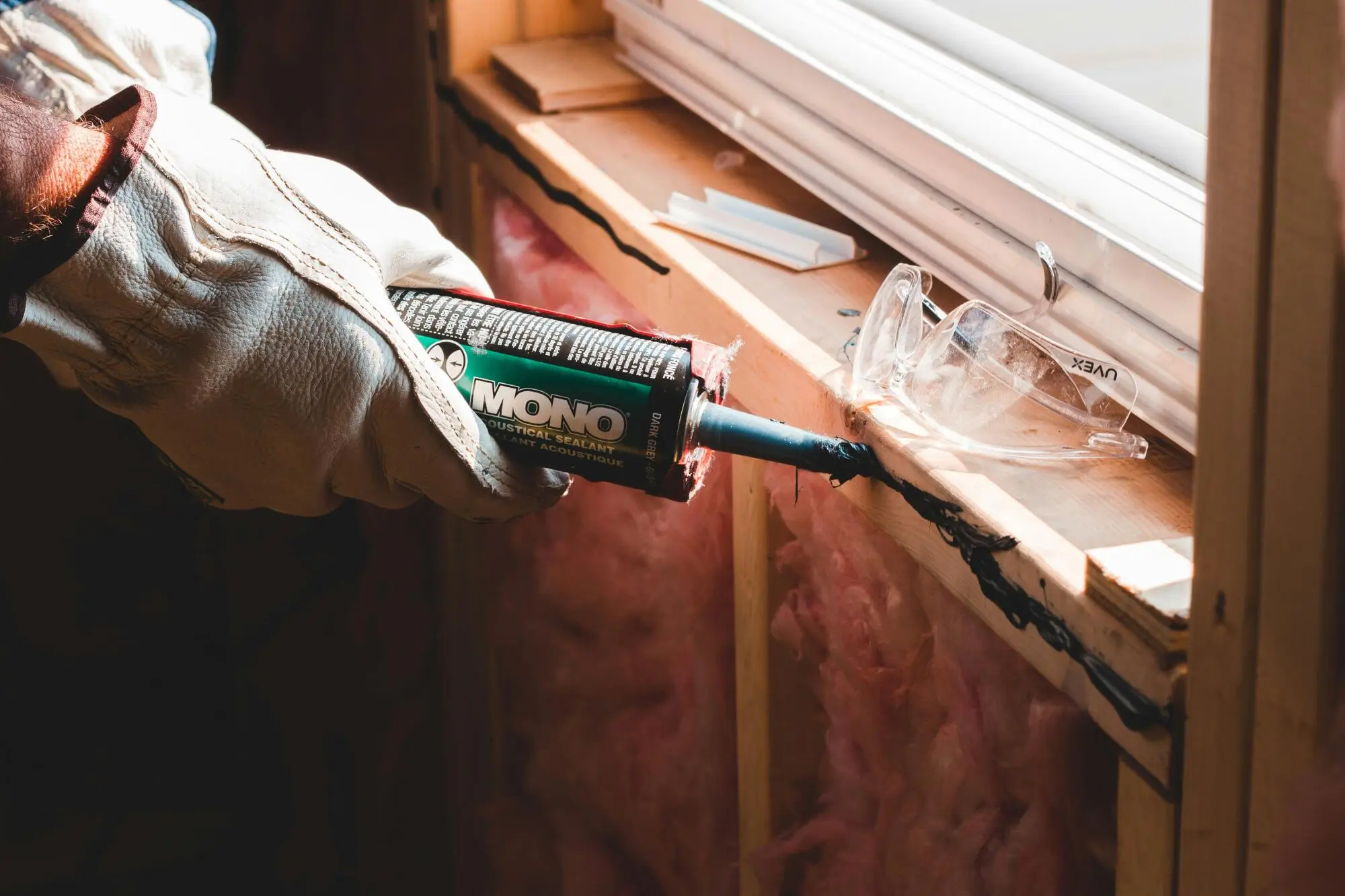Managing properties in Pittsburgh, PA, involves more than regular upkeep. You need an effective long-term maintenance coordination plan to keep tenants happy and protect your investment. Good maintenance helps prevent expensive repairs and builds trust with tenants, leading to long-term success. By focusing on the right strategies, you can:
- Quickly address tenant repair requests
- Reduce delays and downtime
- Keep your property in top condition, increasing its appeal
Keep reading for essential tips on streamlining maintenance operations and improving property management.
Create a Maintenance Scheduling System
Creating a maintenance schedule helps landlords stay organized. Here's a step-by-step guide to get you started:
- List property components requiring maintenance (e.g., HVAC, plumbing, landscaping)
- Categorize tasks as seasonal, regular, or as-needed
- Schedule tasks on a calendar or management software
- Notify tenants about planned maintenance
- Track completed tasks for records and compliance
- Hire professionals for specialized work
- Review and update the schedule annually
- Use tools like Buildium or AppFolio for automation
Use Reliable Property Management Tools
Responding to tenant repair requests is key to tenant satisfaction. The right property management tools can help you set up a clear system for receiving and tracking these requests. Choose software with real-time updates that integrate:
- Tenant communication
- Scheduling
- Tracking
- Documents storage for work orders and invoices
In addition, look for software that uses data to give you a good insight into your property's needs to help with maintenance coordination.
Build a Network of Trusted Vendors
For a landlord in Pittsburgh, having a reliable network of contractors, electricians, and plumbers is key. Here's how to make these connections:
- Research local vendors with good reviews and experience
- Build relationships by meeting and discussing your needs
- Set clear terms for pricing and response times
- Keep an updated list of trusted vendors
- Check reliability to ensure quick service when needed
Use Preventative Maintenance Practices
Preventative maintenance helps reduce expensive repairs and keeps the property in top shape. Consider the following inspection frequency:
Roofing: Inspect annually or after significant weather events for damage or wear.
Plumbing: Check every 6 to 12 months for leaks, water pressure issues, and corrosion.
Electrical Systems: Inspect every 1 to 2 for safety and compliance with updated codes.
Track repair request response times and assess vendor performance. Data from maintenance scheduling systems can help streamline operations and ensure high standards.
Communicate with Tenants
Clear communication prevents misunderstandings. To maintain a good relationship, keep tenants informed about maintenance processes and timelines. Make time to respond to their questions.
Property management tools, especially mobile apps, improve communication and connect tenants and landlords. These tools can send reminders for upcoming tasks, ensuring maintenance duties are never forgotten.
Mastering Maintenance Coordination
Effective maintenance coordination helps keep your property in good shape and tenants satisfied. Staying organized and using the right tools can make operations smoother and help avoid costly repairs.
At DeSantis Property Management, we simplify property ownership and help maximize investment returns. With years of experience in Pittsburgh, we handle all the details so you can focus on your goals. Contact us today to learn how we can help you achieve success.


